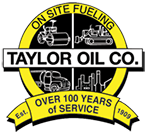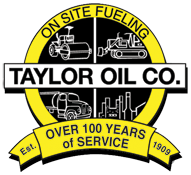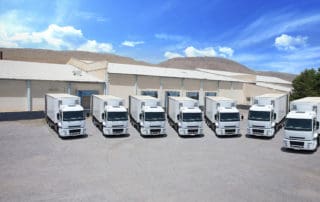Top 5 Tips for the Ideal Fleet Shop
Top 5 Tips for the Ideal Fleet Shop - If you’re a fleet manager, you may have your own opinions about what the ideal maintenance shop looks like to you. Some of the top common goals may be safer and more ergonomic working conditions for employees, improved productivity with lower costs, and increased focus on green initiatives. How you accomplish all these things will vary by fleet and fleet shop manager. Check out these top five tips for the ideal fleet shop. Establish a physical layout that will best fit your fleet’s needs: Make sure it’s wide enough and long enough, with plenty of space for operation, storage, etc. You may have been so focused in the past on fitting your trucks and tools into your shops that you forgot about adding space for vehicle maneuvering, storage and technician work areas. Add plenty of lighting, both artificial and natural: Adding overhead, ambient and task lighting is critical, as is letting in as much natural light as you can through the ceiling (think skylights). It’s also a good idea to paint the walls white to brighten up the interior. Maximize productivity: When you think in terms of productivity = money, the [...]



